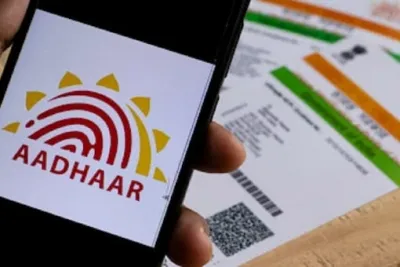Why Did South Korean Mobile Game Sales Decline by 13% in H1 2025?

Synopsis
Key Takeaways
- 13% decline in mobile game sales in H1 2025.
- Sales totaled 3.3 trillion won ($2.4 billion).
- Number of downloads decreased to 222 million.
- iOS sales increased to 26.4%.
- Three new Korean titles entered the top 10.
Seoul, July 9 (NationPress) The revenue generated by mobile games from South Korean developers saw a 13% drop compared to the previous year during the first half of 2025, according to industry statistics released on Wednesday.
From January through June, the cumulative sales of local gaming firms reached 3.3 trillion won (approximately $2.4 billion), a decrease from 3.8 trillion won recorded in the same period last year, as reported by market analysis firm Sensor Tower, per Yonhap news agency.
During this six-month timeframe, the total number of downloads fell to 222 million, down from 245 million a year ago.
In terms of platform sales, purchases made through Apple's iOS comprised 26.4% of the overall revenue for South Korean mobile games, which is a slight increase from 24.1% in the first half of 2024, while Android sales dipped to 73.6%.
Regarding individual game titles, NCSOFT Corp.'s Lineage M achieved the highest global sales, followed closely by China’s Whiteout Survival.
Additionally, three newly launched Korean games entered the top 10 best-sellers list, marking a historic moment as it is the first time multiple Korean titles have been recognized as top sellers since the data compilation began in 2014.
In related news, Tim Sweeney, CEO and founder of Epic Games, announced the company's decision to withdraw an antitrust lawsuit against Samsung Electronics Co., which concerned the blocking of software from external sources on Samsung mobile devices.
“We are dismissing our court case against Samsung following discussions. We appreciate Samsung’s willingness to address our concerns,” Sweeney stated on X, previously known as Twitter.
Epic Games, renowned for the hit online shooter Fortnite, had initiated the lawsuit in the U.S. last year regarding a Samsung feature that prevented the installation of applications from outside the Google Play Store and Samsung's Galaxy Store, as noted in the report.









